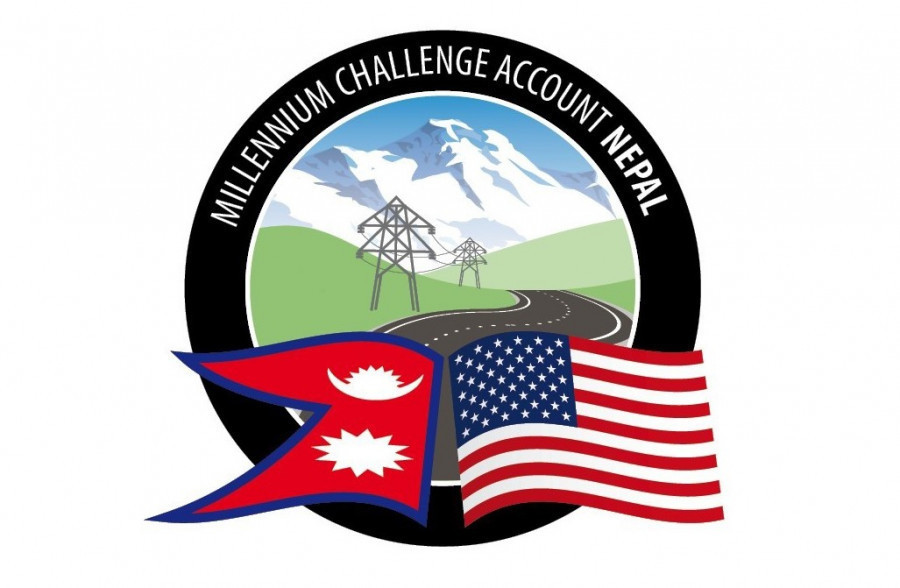Editorial
The way is forward
The frantic running around turned out to be all sound and fury, signifying nothing.
When Parliament ratified the Millennium Challenge Corporation (MCC) Compact on Sunday, February 27. The US too welcomed the ratification which could be a sign of approval of the Compact. It brought to an end a year of political squabbling in one fell swoop, albeit some were left with a sour taste in their mouth. It has been nearly five years since the MCC signed the $500 million Compact with the government of Nepal with a view to funding the upkeep of roads and building transmission lines that would be instrumental primarily in facilitating cross-border electricity trade with India.
Never has there been more controversy surrounding aid which even threatened Nepal-United States relations when US Assistant Secretary of State Donald Lu said that Washington would review its relationship with Nepal in the event of its failure to ratify the Compact by February 28 deadline. So much for delaying the ratification of aid! There wasn’t much controversy, to begin with until David J Ranz, assistant secretary for South Asia at the US State Department, stated during his visit to Nepal that the MCC was a crucial part of the Indo-Pacific Strategy. This was enough ammunition for dissenting leaders. And despite what US officials were saying, politicians in Nepal had opposing views, which allowed factions to be created, and people were polarised right down the middle.
It took the dismantling of a government with a comfortable majority and the installation of a coalition with primarily two parties, the CPN (Maoist Centre) and the CPN (Unified Socialist) who seemed to be steadfast in their opposition to the Compact in its current form. But that changed quite dramatically on the day of the ratification. While it was expected that they would oppose the Compact, the leaders of the Maoist Centre, Unified Socialist and Janata Samajbadi Party quietly agreed to vote in its favour with an “interpretative declaration” bringing years of deliberation to an end. All that frantic running around and the hustle and bustle of busybodies, in the end, amounted to nothing more than a whimper.
With the impasse now overcome, we should sincerely look to put the Compact to good use. Those in opposition should join in to hold the government accountable for their tasks rather than brooding over what can’t be undone. Since Nepal has the natural resource to generate clean energy, we should capitalise on this opportunity to invest in developing infrastructure that will facilitate the export of electricity to a power-hungry India grappling with its energy crisis. It would result in a win-win situation for both countries.
On the other hand, the authorities in Nepal should be serious about improving the country’s economic strength and stop being forever reliant on aid. Aid cannot be used as a pretext for development. Unearned money has never propelled a person to prosperity, which applies equally to a country. We need policies that will enable exports, generate jobs in our country and stop the unnecessary exodus of our youth. At the same time, remittance money has been a boon in eradicating poverty and replenishing our foreign exchange reserves. The administration now needs to ensure that Nepal is more than capable of generating economic returns from the export of energy and other exports.




 13.12°C Kathmandu
13.12°C Kathmandu














